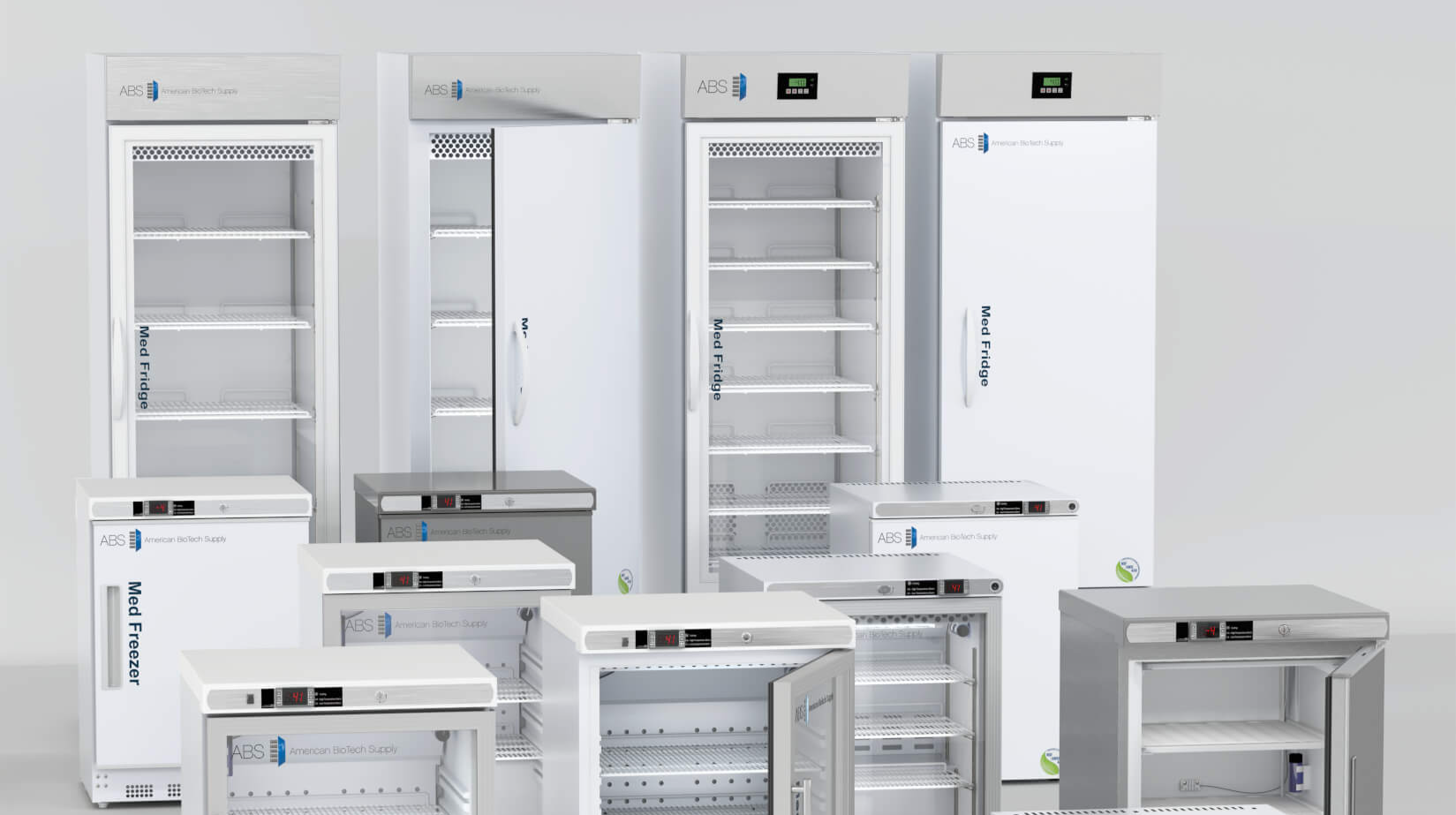The Evolving Nature of COVID-19 Vaccine Storage
While variants come and go, COVID-19 is still affecting the world population on the daily. Vaccines continue to be administered worldwide. And suppliers who manufacture, ship, and store Covid vaccines face many challenges. But safely storing a high volume of vaccines in proper conditions is no easy feat. Temperature requirements and ever-evolving government standards continue to regulate how these vaccines can be handled and kept.
Current Regulations for Vaccines
Interestingly, Covid vaccines are few compared to the dozens of vaccines already in use for other diseases. A plethora of vaccines are available for annual, periodic, and situational protection against viral and bacterial illness for children and adults alike. All vaccines have storage requirements, shelf-life limits, and delivery device specifications. These requirements ensure that every dose is both safe and maximally effective when delivered. In the case of COVID-19 vaccines, these specific formulas must be kept within very low temperature ranges up to the time of injection. Thus, the performance of vaccine cold storage emerges as a top priority.
The New Standard for Vaccine Storage (NSF/ANSI 456)
NSF International (NSF) released a highly anticipated vaccine storage standard in the summer of last year. The NSF/ANSI 456 Standard was developed to improve performance and construction requirements for vaccine refrigerators and freezers. This standard scrutinizes vaccine storage equipment and ensures units perform at a safe and highly effective level. The standard was developed by an NSF/ANSI committee of specialists with members from public health agencies (including the CDC and NIST). The committee also included healthcare providers, vaccine suppliers, and equipment manufacturers. Suppliers are eager to see how this new standard takes off and reshapes vaccine storage equipment in healthcare settings. As of now, however, this new standard is voluntary and not subject to regulatory enforcement.
What does this new NSF/ANSI 456 Standard mean to me?
When it comes to vaccine distribution, the Centers for Disease Control (CDC) is the trusted standard. The CDC reinforces the vital importance of vaccine storage and handling to ensure the effectiveness of each dose. For example, its “Vaccine Storage and Handling Toolkit” recommends cold storage systems be designed and built specifically for vaccine storage. This includes utilizing features such as microprocessor-based temperature control and forced-air technology to safeguard vaccines. If you’re a healthcare provider, consider examining the equipment currently used in your establishment. An upgrade may be beneficial to improve the safety and efficacy of vaccines in your care.
Vaccine Storage Equipment by American Biotech Supply
American Biotech Supply (ABS) is an active member of the committee that developed the NSF/ANSI 456 Standard. ABS offers a specialized line of vaccine cold storage equipment that incorporates the advanced design aspects needed to meet the NSF/ANSI 456 requirements. These units align with NSF/ANSI 456 specifications regarding temperature consistency, construction, and unit features to protect vaccines to the highest degree. Models are tested and certified by a 3rd party lab to ensure quality and performance. As vaccine storage needs continue to develop and evolve, we encourage you to explore ABS products. Bring the latest technology into your healthcare environment and ensure the safety and efficacy of the vaccines you rely on.






